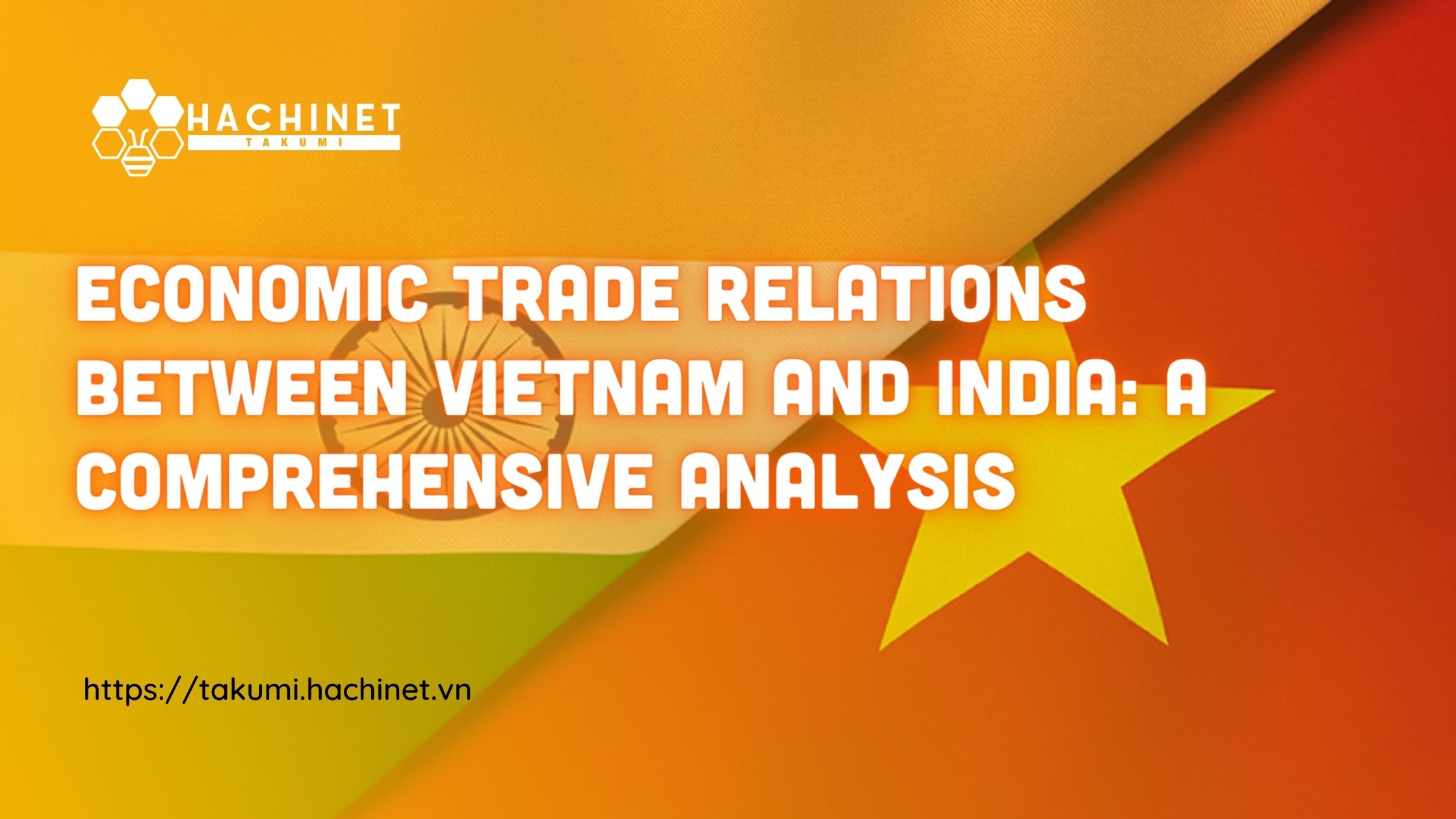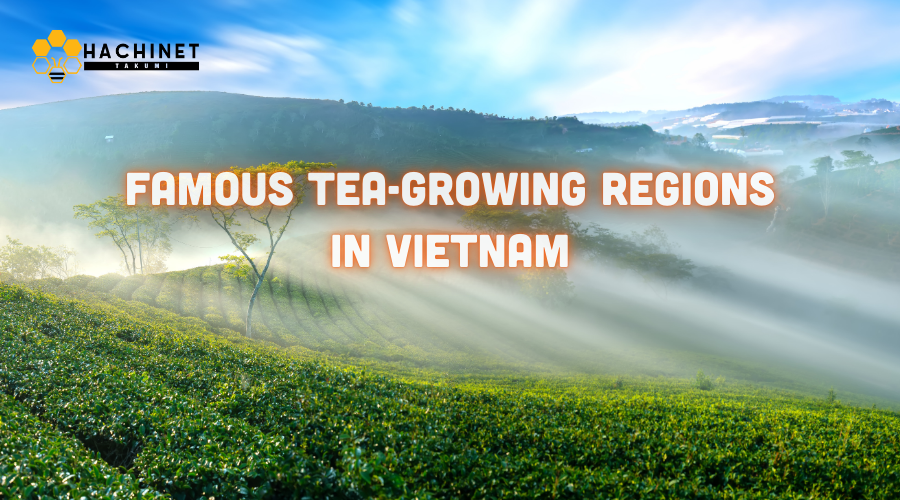Economic Trade Relations between Vietnam and India: A Comprehensive Analysis

The economic trade relationship between Vietnam and India has witnessed significant growth and development over the years, driven by mutual interests, complementary economies, and strategic partnerships. In this comprehensive analysis, we delve into the multifaceted aspects of the economic trade relations between Vietnam and India, exploring trade dynamics, investment flows, key sectors, challenges, and opportunities for collaboration.
Historical Context
- Vietnam and India share a long-standing history of cultural, diplomatic, and economic ties dating back centuries. The bilateral relationship between the two countries was formalized with the establishment of diplomatic relations in 1972, followed by the signing of the Treaty of Friendship and Cooperation in 1978.
- Over the years, Vietnam and India have strengthened their economic cooperation through various bilateral agreements, trade pacts, and joint initiatives aimed at promoting trade, investment, and technological exchange between the two nations.
Trade Dynamics
- Bilateral trade between Vietnam and India has experienced robust growth, reaching significant milestones in recent years. Both countries have witnessed a steady increase in bilateral trade volume, driven by a diverse range of products and commodities.
- Key exports from Vietnam to India include electronics, machinery, textiles, footwear, coffee, and seafood, while India exports pharmaceuticals, chemicals, machinery, steel, and agricultural products to Vietnam. The bilateral trade relationship is characterized by mutual complementarity, with each country supplying goods that meet the demand of the other.
Investment Flows
- Investment flows between Vietnam and India have also expanded, with both countries increasingly investing in each other's economies. Indian companies have made significant investments in sectors such as energy, information technology, pharmaceuticals, and infrastructure development in Vietnam.
- Similarly, Vietnamese companies have ventured into the Indian market, particularly in sectors such as textiles, agro-processing, hospitality, and consumer goods. The increasing investment activity reflects the growing confidence and interest of businesses from both countries in exploring new opportunities and expanding their presence in foreign markets.
Key Sectors
- Several sectors hold immense potential for collaboration and growth in the economic trade relations between Vietnam and India. Information technology and software services, pharmaceuticals, agriculture, renewable energy, infrastructure, and tourism are among the key sectors that offer significant opportunities for cooperation.
- Both Vietnam and India have strengths and expertise in these sectors, making them ideal partners for joint ventures, technology transfer, and knowledge sharing. Collaborative efforts in these sectors can contribute to economic development, job creation, and sustainable growth in both countries.
Challenges
- Despite the positive momentum in economic trade relations, Vietnam and India face certain challenges that hinder the full realization of their economic potential. Trade barriers, regulatory complexities, logistical constraints, and cultural differences are among the challenges that need to be addressed to facilitate smoother trade and investment flows.
- Additionally, geopolitical factors, global economic uncertainties, and external shocks such as the COVID-19 pandemic pose challenges to bilateral trade and investment activities, requiring resilience, adaptability, and strategic cooperation to overcome.
Opportunities for Collaboration
- Despite the challenges, Vietnam and India have numerous opportunities to deepen their economic trade relations and foster mutually beneficial partnerships. Enhancing trade facilitation, streamlining regulatory processes, and promoting business-friendly policies can create an enabling environment for increased trade and investment flows.
- Moreover, exploring new avenues of cooperation in emerging sectors such as digital economy, e-commerce, biotechnology, and green technology can open up new opportunities for collaboration and innovation between Vietnam and India.
The economic trade relationship between Vietnam and India holds immense potential for mutual prosperity, growth, and development. Through enhanced cooperation, strategic partnerships, and concerted efforts to address challenges, both countries can further strengthen their economic ties and unlock new opportunities for trade, investment, and technological exchange. By leveraging their respective strengths and fostering a spirit of collaboration, Vietnam and India can build a resilient and dynamic economic partnership that benefits both nations and contributes to regional stability and prosperity.







